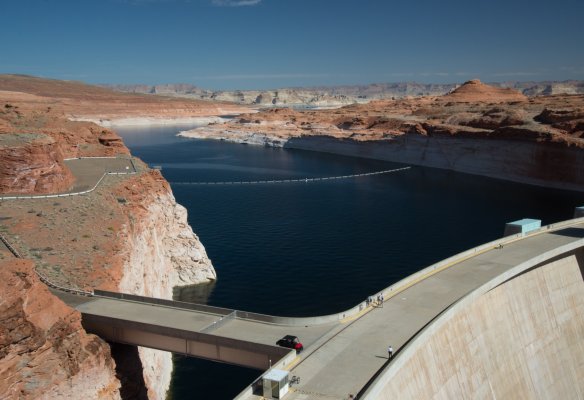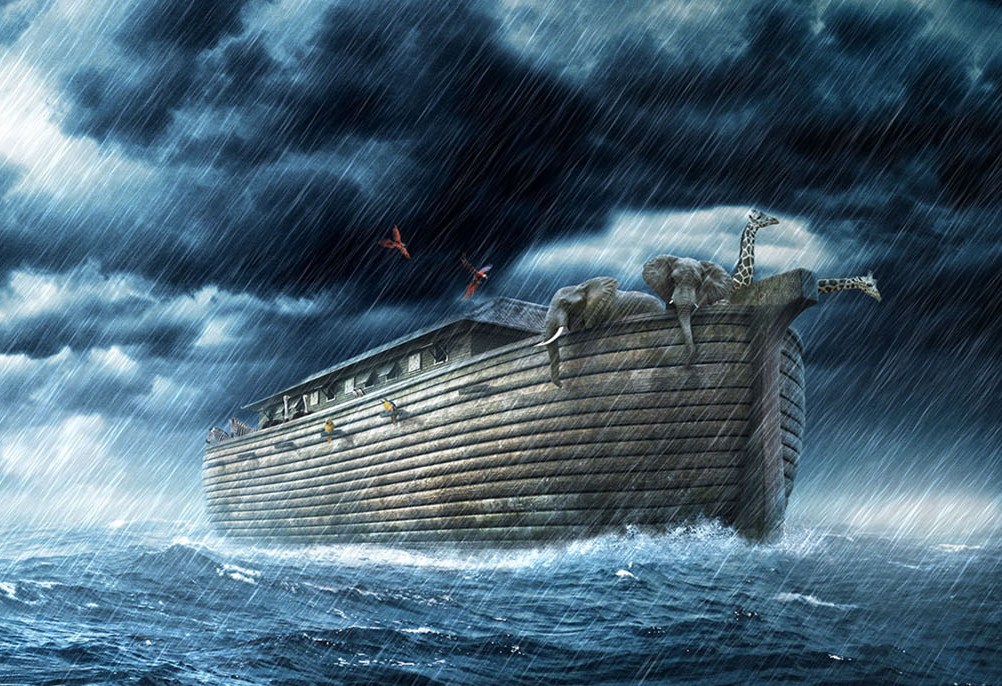HFWR
Give me a museum and I'll fill it. (Picasso) Give me a forum ...
As I was gazing over the vast expanse of the mighty Pacific Ocean last weekend, I noted the irony of our water problems here in California.
Desalination is expensive, but it might be worth it to save our rivers/aquifers.




